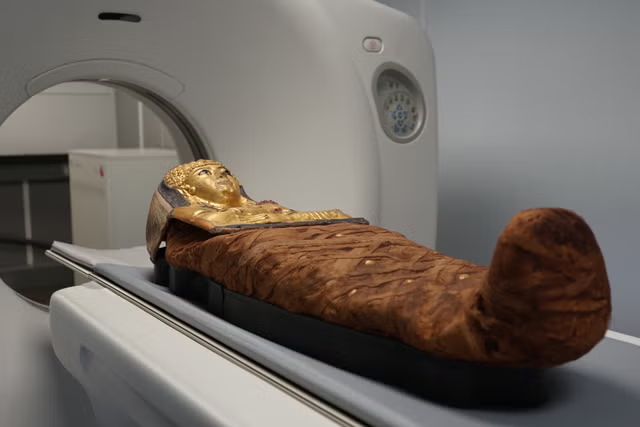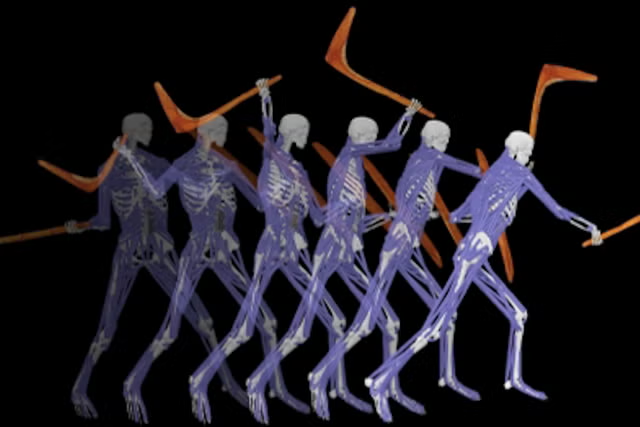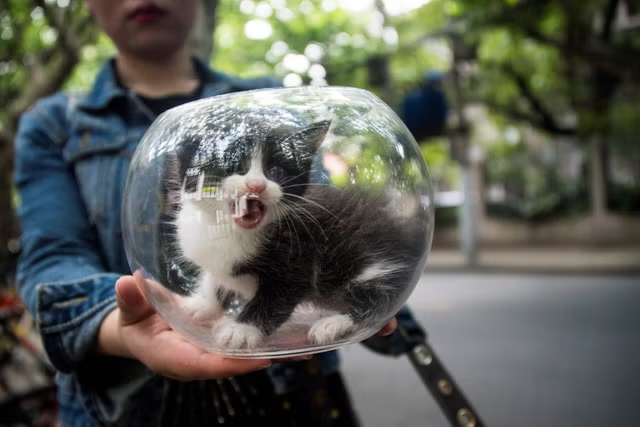Thousands of baby powder bottles have been recalled across 35 states due to potential contamination with asbestos.
Dynarex Corporation initiated the recall on September 19, which has now been expanded to include over 40,000 bottles of their products, the U.S. Food and Drug Administration (FDA) reports.
Baby powder has traditionally been made using a mineral called talc, although some modern formulas are based on corn or potato starch. Talc—which is very effective at absorbing moisture and reducing friction rashes—is composed mainly of magnesium, silicon, and oxygen and is found in many cosmetic products for both adults and babies.
Talc is often mined from areas where other minerals are present, including asbestos. Asbestos is a known carcinogen.
"If talc mining sites are not carefully chosen or if proper steps are not taken to adequately purify the talc ore, it may contain asbestos," the FDA said in a statement.
Asbestos is also often encountered in building materials, especially in older buildings. As a result, construction and demolition workers are often exposed to dangerous levels of this compound. According to the World Health Organization, asbestos exposure is linked to more than 200,000 deaths every year around the world.
Routine sampling of the Dynacare Baby Powder by the FDA revealed low levels of asbestos in these products. The initial recall in September concerned 62 cases of 14-ounce baby powder bottles. There are 24 bottles per case. Following further investigation by the FDA, a further 1,020 cases (of 14- and 4-ounce bottles), or nearly 42,800 bottles of baby powder, have been included in the recall as all products were made from the same bulk material.
"The company has ceased the distribution of the product as an investigation is proceeding to determine what caused the contamination of the talc," the FDA said. "Consumers who have purchased Dynacare Baby Powder should discontinue use immediately and return it for a full refund."
Newsweek has contacted Dynarex Corporation and Amazon, where the product was sold online, via email for comment. So far, no adverse events have been reported in relation to this event.
The relevant products, batch numbers, and expiry dates have been included in the table below:
The product was sent to distributors on or after January 18. The map below shows where the cases were distributed:
Is there a health problem that's worrying you? Do you have a question about asbestos? Let us know via health@newsweek.com. We can ask experts for advice, and your story could be featured in Newsweek.
Disclaimer: The copyright of this article belongs to the original author. Reposting this article is solely for the purpose of information dissemination and does not constitute any investment advice. If there is any infringement, please contact us immediately. We will make corrections or deletions as necessary. Thank you.



